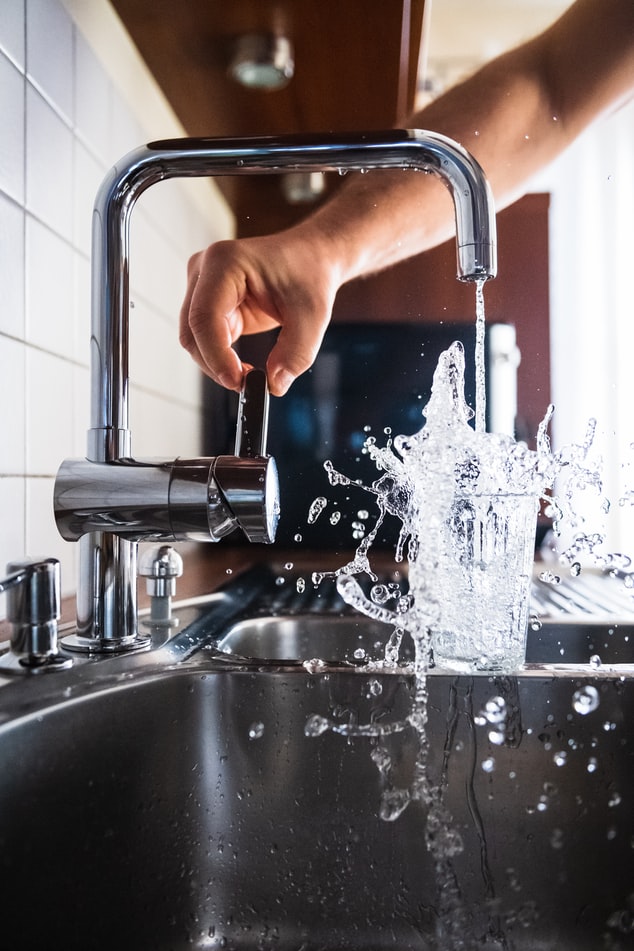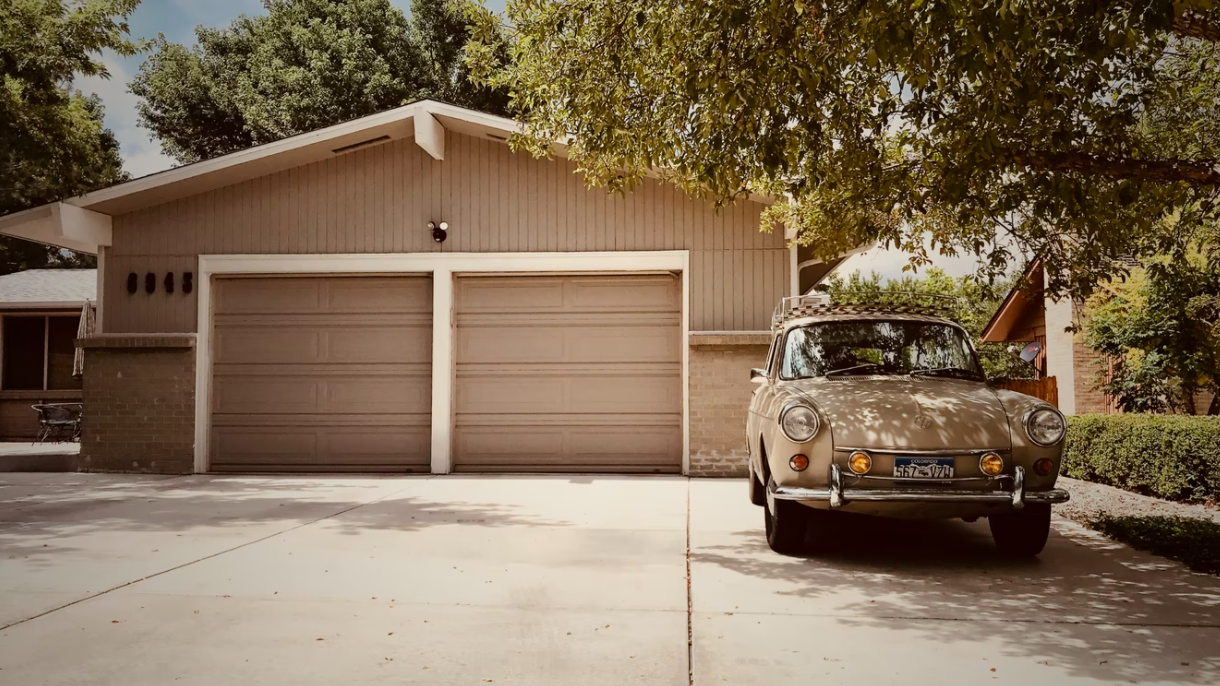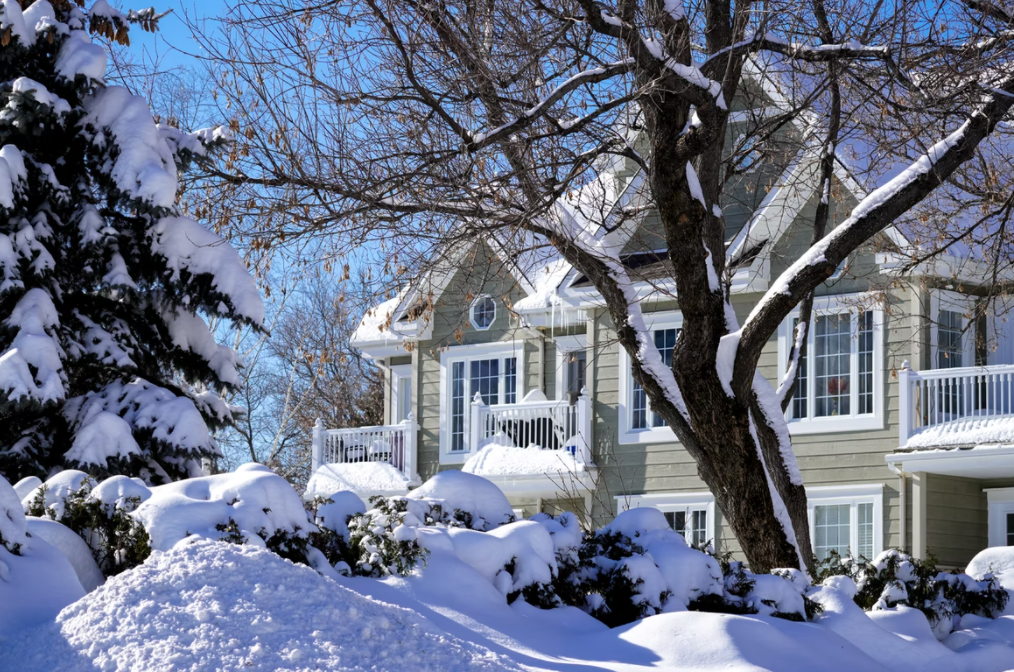Need to Pick a Home Water Filtration System? Here’s How:

Maybe you’ve recently decided that a water filtration system is something for your home, but the wealth of information and seemingly endless options can be overwhelming!

Photos By: Unsplash
Hold on tight because we’re about to take care of this in six simple steps! There are 6 things to consider when hunting down which one is right for YOU: What size? How many people will use it at once (including pets)? Do I need any other features such as softeners or carbon block filters too?? Is price important OR do quality aspects matter more than cost. In this article, we will cover the basics. However, have a look at this guide on choosing a filtration system.
1. Are you in the market for a whole-house water filter or a smaller drinking water solution?
Endless options aside, there are essentially two versions of water filters typically installed in homes. The first is called a POU, or Point of Use system. This model is installed under your kitchen sink and only filters the water that comes out the tap. The larger, more robust option is called a POE, or Point of Entry system. A POE system works to filter every drop of water coming into your home—not just the h2o from the kitchen sink.
So the choice is yours. Would you prefer to treat only the drinking and cooking water routed through the kitchen tap or are you looking for full house filtration that ensures every drop is treated. Keep in mind, there is a hybrid option, too. Sometimes a combination of the two is perfect.

2. Are you hooked up to city water or do you have a well?
The public water supply that serves cities and municipalities is relatively safe as treatment facilities must follow a long list of procedures and adhere to just as many specific EPA regulations. That said, city water treatment is certainly not infallible. Research shows nearly 700 precautionary boil order advisories are issued each day. And contamination and ruptured pipes happen far more often than people think. While this is inconvenient, it also poses serious safety risks.
But well water isn’t without it’s headaches either. Those who use private wells have an entirely separate list of concerns. Need proof? Recent research found more than 40% of private wells contain E. coli, which can cause gastrointestinal issues. Full POE systems may be a good option for homes who use private wells as UV purification can ensure protection from E coli and other microorganisms. The first step is getting your well water tested. Then, depending on the level and contaminants found, you can better decide what water filtration system is best for you.
3. How many bathrooms do you have?
Many treatment systems are sized — and priced — on your home’s maximum flow. Think of this in terms of when and how you use the most water. Do you have a large family and as many as four people are showering in different bathrooms in the morning? How many toilets and/or half baths does your home feature? Does your family typically take long showers or are you the type to get in and get out? Considering your home’s number of bathrooms –both full and half—is a simple way to estimate the size of a water treatment system you’ll likely need.
But, remember, water usage isn’t just based on bathrooms. Think about how often you run your dishwasher or throw in a load of laundry. Do you do all this at the same time or is it typically a sporadic occurrence when the need calls for it?
The biggest question to think about and answer: how much water will likely flow through your home during peak usage? (This is typically the early morning hours for most families).
4. How many people are in your household?
Bigger families mean more water usage. Just as you’ll consider the number of bathrooms, think about each family member’s water usage habits. Does your daughter take super long showers? Do you have three big dogs who need to be bathed every week? Is your son infamous for leaving the tap running while he brushes his teeth?
On a typical day, consider how much water your home churns through. Assess your habits and be realistic. This is the best way to generally determine what size of water filtration system might be best suited for your household’s specific needs.

5. Do you know what’s floating around in your water?
Knowing what’s in your water is a big factor in correctly gauging your filtration needs. As an example, if you test your home’s water and that test indicates you have led, a water specialist can help you pick a system that speaks to a led removing solution. Likewise, if you have hard water, a specialist can help you select a system that solves that problem, too.
If you’re on city water, it’s relatively easy to find out what contaminants you might be dealing with. The EPA requires the publication of a yearly water quality report, often called the Consumer Confidence Report (CCR). To find this, simply visit the EPA website.
6. What system is right for me?
Picking a system, whether via the kitchen tap or a whole house water filter, shouldn’t be a daunting task, but we understand it is an investment. With proper analysis and consideration regarding the questions above, qualified water specialists will be happy to discuss your needs in detail and help you pick the right filtration system for your home.






